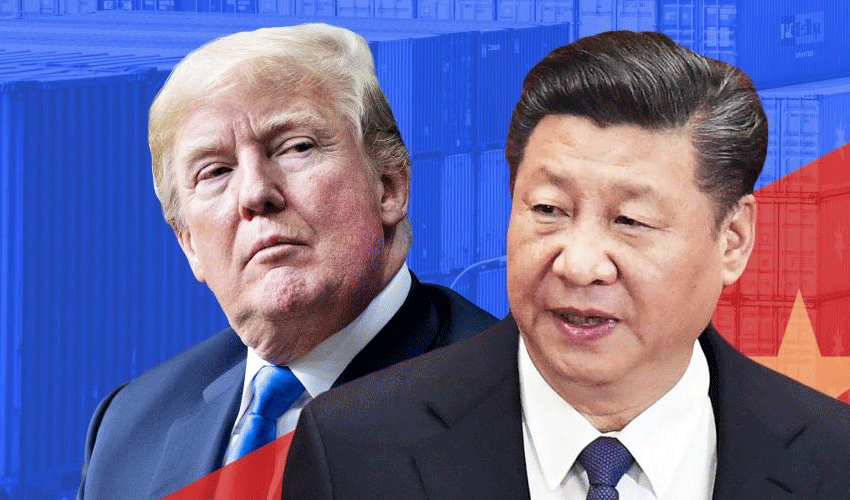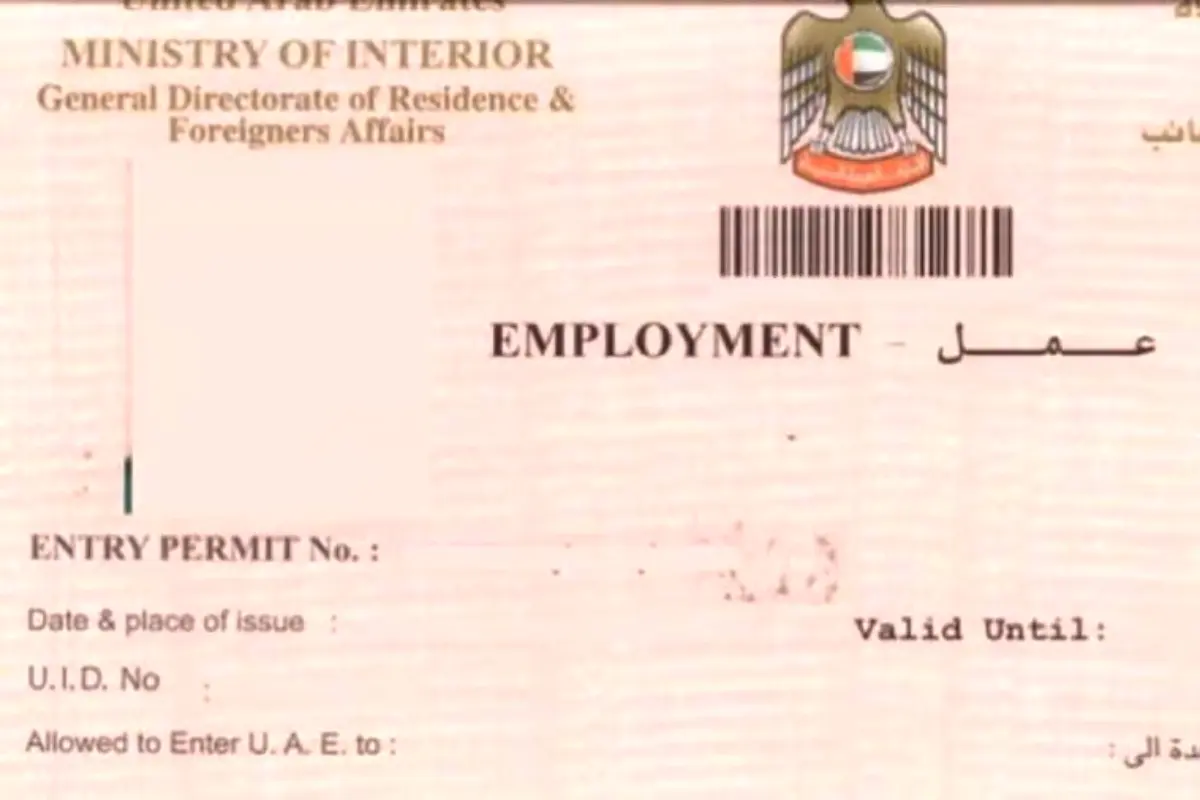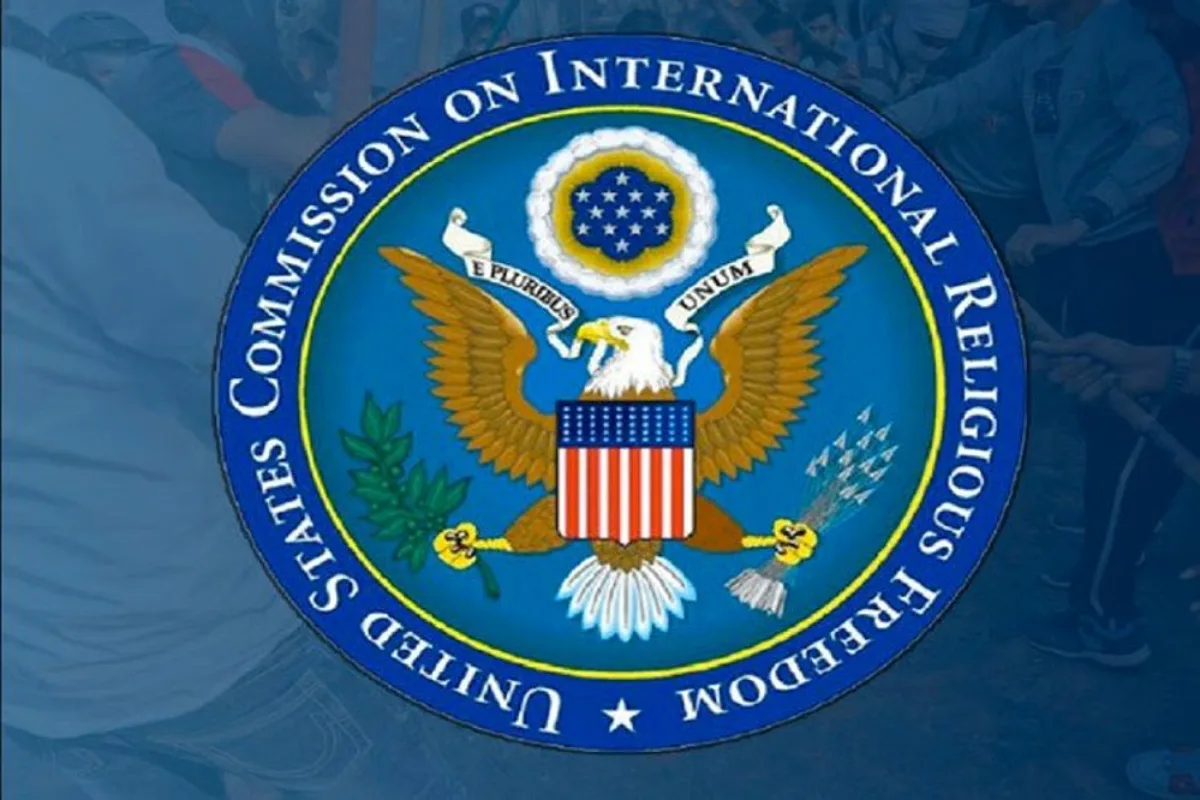China Defends Rare Earth Export Controls After US Tariff Hike

China Defends Rare Earth Export Controls After US Tariff Hike
Beijing: China on Sunday defended its new export rules on rare earth materials, saying they are legal under international law. This comes after the United States accused Beijing of economic pressure and responded with major tariffs and export restrictions.
China’s Ministry of Commerce said the new controls, introduced on October 9, are meant to strengthen national security and promote global stability during uncertain times.
“These are not export bans,” the ministry said. “Licenses will be approved if applications meet the requirements.”
The new rules mean that any product with more than 0.1% China-sourced rare earths, or made using Chinese refining technology, will now need an export license. Exports that could be used for military or terrorist activities will be blocked.
The U.S. quickly responded. On October 10, President Donald Trump announced 100% tariffs on all Chinese imports starting November 1, and also introduced new controls on critical software exports to China.
Beijing hit back, accusing the U.S. of using “double standards.”
“For years, the U.S. has misused export controls in the name of national security,” China’s ministry said, noting that the U.S. has over 3,000 items on its restricted list, compared to fewer than 1,000 on China’s list.
China supplies about 70% of the world’s rare earths, which are used in high-tech products like smartphones, electric vehicles, and military equipment. It has often used its dominance in this area during trade disputes.
In another move, China said it will start charging docking fees to U.S. ships from October 14, in response to similar fees the U.S. imposed on Chinese ships.
Beijing called this action “a necessary and defensive step” and accused Washington of hurting the progress of trade talks.
Talks between the two countries have been ongoing, with recent meetings in Geneva, London, and Madrid. In September, both sides agreed on a basic trade framework, including a plan for TikTok’s partial divestment in the U.S.
Presidents Trump and Xi Jinping last spoke on September 19 and had agreed to meet during the APEC summit in South Korea later this month.
However, President Trump has now suggested that the meeting might be canceled, warning that continued restrictions on rare earth exports could damage ties even further.
Catch all the World News, Breaking News Event and Trending News Updates on GTV News
Join Our Whatsapp Channel GTV Whatsapp Official Channel to get the Daily News Update & Follow us on Google News.











